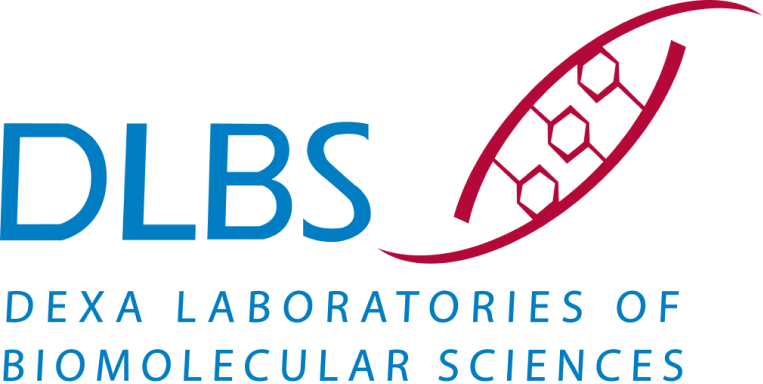
Dexa Group is a research-based pharmaceutical company committed to actively participating in developing phytopharmaca. This commitment aligns with the government’s efforts to address the dependency on imported raw materials for medicines by utilizing the country’s natural resources to produce phytopharmaca.
“The government provides full support for developing medicines, including natural medicines. Unlike conventional drugs, the development of natural medicines should be easier due to our rich biodiversity,” stated Ms. Lucia Rizka Andalusia, the Acting Head of BPOM, during a discussion held by BPOM on Monday, May 27, 2024.
According to Ms. Rizka, there are currently over 15,000 products registered as Jamu. However, only 77 are Standardized Herbal Medicines (OHT), and only 21 are phytopharmaca. Therefore, Ms. Rizka urged all relevant parties to collaborate and develop more Jamu in phytopharmaca.
“A good collaboration is expected to expedite the utilization of natural medicines in healthcare services,” expressed Ms. Rizka, who also serves as the Director-General of Pharmacy and Medical Devices at the Ministry of Health.
One form of BPOM’s support in developing phytopharmaca is organizing a series of events themed “Revitalizing the Nation with Jamu.” This series of events includes Focus Group Discussions (FGDs) and phytopharmaceutical product exhibitions. Dexa Group also participated in this event through Dexa Laboratories of Biomolecular Sciences (DLBS) PT Dexa Medica.
DLBS showcased flagship products that have obtained phytopharmaca certificates, including Stimuno, Inlacin, Diabetadex, and Redacid. Additionally, other natural medicines were exhibited by DLBS, such as Herbacold, Herbapain, HerbaAsimor, Herbakof, Psidii, Herbavomitz, and Herbapoten.
Acting Deputy of Health Quality Improvement Coordination at the Coordinating Ministry for Human Development and Cultural Affairs, Mr. Budiono Subambang, visited the DLBS booth. He even expressed his intention to inspect DLBS’s research facilities personally.
During the FGD, Mr. Budiono emphasized that phytopharmaceuticals can reduce the dependency on raw materials for imported drugs. Therefore, the government will provide facilities such as incentives and research funds to develop phytopharmaca.
“We face challenges and issues currently. Firstly, the high importation of raw materials can be reduced by utilizing natural resources to produce phytopharmaca,” stated Mr. Budiono.
However, Mr. Budiono stressed that phytopharmaceutical products must ensure safety and effectiveness in healthcare. The Coordinating Ministry for Human Development and Cultural Affairs then intends to collaborate with the Ministry of Education, Culture, Research, and Technology, as well as the Ministry of Communication and Information, to raise public awareness regarding the use of phytopharmaca.
Meanwhile, Deputy of Traditional Medicine, Health Supplement, and Cosmetic Supervision at BPOM, Mr. Mohamad Kashuri, stated that using phytopharmaca in National Health Insurance (JKN) healthcare facilities is still hindered by regulations. Currently, clinically tested natural medicines are only included in the Phytopharmaceutical Formulary.
“Out of 21 phytopharmaceutical formularies, only five are included in the phytopharmaceutical formulary, and even then, they cannot yet be included in the national health insurance because of regulatory barriers. They are expensive due to limited production and lengthy research. However, if we all have the same commitment to utilize phytopharmaca, the prices can be reduced,” stated Mr. Kashuri.
These five phytopharmaca are clinically tested for therapeutic classes, including cardiovascular, metabolic, digestive, immune, and nutrition. Three out of the five phytopharmaceuticals included in the formulary are products of Dexa Medica, namely Inlacin and Diabetadex, developed from bulgur leaves and cinnamon bark for the metabolic system, Redacid, developed from cinnamon bark for the digestive system, and Stimuno, developed from mineral for the immune system.
